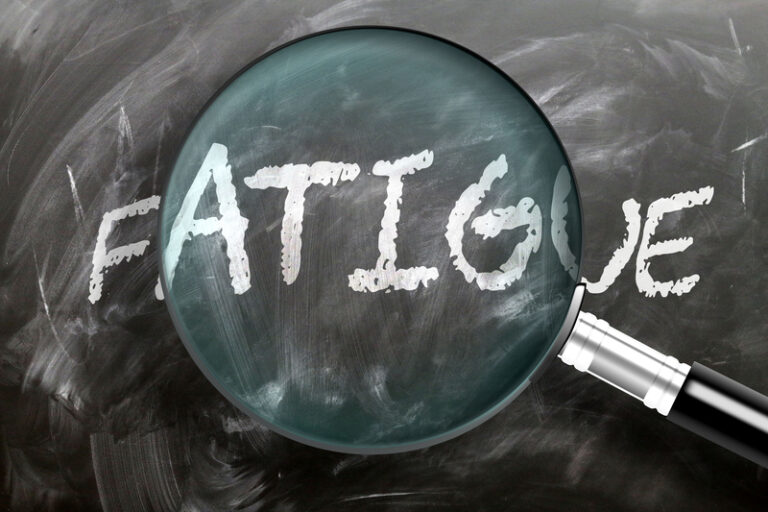Many people are fatigued. They’re sick and tired of being sick and tired and need help. There is a fix to your fatigue, but first, we need to identify where it comes from.
Many organs are involved in the mechanisms responsible for feeling vital health! We all want lots of energy. We want to go to bed, sleep all night (or maybe just a few hours) and then wake up feeling alive, energetic and ready to take on the day. While that seems to be a universal desire, few experience it. Most have mornings where they feel like they are clawing their eyes open in the morning, dragging themselves out of bed, downing a mug or two of coffee just to get some semblance of energy, then putting unwilling effort into getting dressed and into life.
The organs and glands most responsible for energy are the adrenals, thyroid and pancreas. The heart, lungs and brain, if not working up to par, can definitely create fatigue. The kidneys, liver, almost all the various hormones and enzymes and many other mechanisms are also first candidates. But my first and favorite (because they tend to be the most profound), are the adrenals and thyroid.
The adrenal glands, which sit on top of the kidneys like a little acorn cap, are responsible for a lot of functions in the body. They are the hormonal control center of the kidney system. Most people know them for their production of adrenaline and noradrenaline (epinephrine and norepinephrine) – a good part of the “fight or flight” mechanism. They also produce cortisol, a hormone that has received a lot of negative publicity, but is instrumental in how you feel. Along with DHEA, these hormones help control energy. The adrenals produce hormones that help control blood sugar, protein and fat – all needed for energy. These same elements help our response to stress. That stress can come from day to day life, physical stressors like an injury or illness or even lack of sleep. Did I mention that the adrenals also control sleep cycles and moods?
The adrenal hormones control blood pressure, eye sensitivity to light, helps keep cholesterol levels in check (particularly LDL levels), helps increase bone density, and regulates metabolism.
Severe adrenal insufficiency (Addison’s disease) is characterized by low BP, fatigue, weight loss, nausea, vomiting, abdominal pain, craving salt and blood sugar instability (low). While overactive adrenals (rather excess cortisol production due to stress or sugar intake) – Cushing’s Syndrome – exhibits obesity, blood sugar instability (high), mental disturbances, high BP, muscle weakness, osteoporosis, skin problems. While both Cushing’s and Addison’s are at the extremes of the adrenal spectrum, you can exhibit symptoms anywhere in between where you may not be at the disease state yet, but function is not good. This grey area is where most of the fatigue lies.
To fix fatigue, we have to identify its cause. This we can help you do.
©2017 Holly A. Carling, O.M.D., L.Ac., Ph.D.







